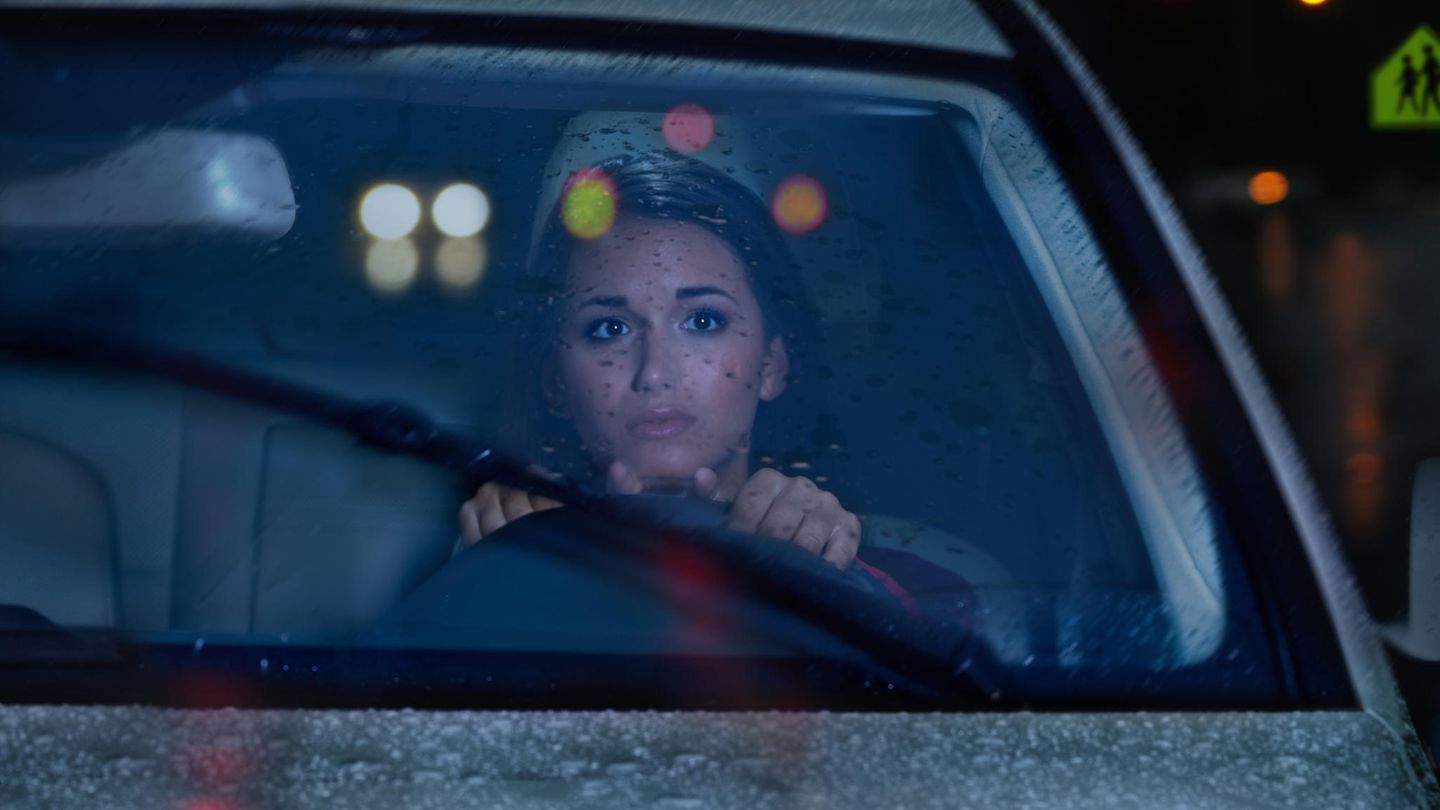Outstanding guest figure at the recent FILBA, International Literature Festival 2024, the New York novelist and poet Jesse Ball He took advantage of his brief stay to present his new books in Spanish “Self-portrait” and “The dream, brother of death” (Sigilo). We dialogue with him.
Journalist: Do you consider yourself an outsider in current American literature?
Jesse Ball: I feel a little outside, but also inside, being part of my country’s literature, because I have been lucky enough to find people who are interested in my works, supported them and decided to publish it. I have published twenty works and there are a few that will be published soon. I also have readers who like my books. They generally appreciate the tradition of literature and have a personal interest in philosophy; they have more to do with Europe and South America than with the United States. They are readers who make popular texts that talk about identity, existence, thought and language. I seek to disappoint them. I don’t always succeed. When they find a book of mine that they like, I want it to be totally different when they find the next one, in form, style, language and story.
Q: Is it a provocation?
JB: It makes no sense, from literature, to write a book thinking that it can be used in television series or Hollywood movies. To discover the keys to the success of certain novels, it is enough to make small changes and everything falls apart, becomes nothing. Many of the novels published in the United States are worthless writings, written versions of Hollywood stories. They are usually successful, they are translated into different languages, but there is no literary or philosophical advance in them. They do not have situations or characters that have not been seen before.
Q: What do you think sparks interest in a novel?
J.B.: The attractive thing is when someone starts talking and becomes the narrator and allows you to travel to different universes. This allows us to capture an experience and an existence. That can also be achieved wonderfully in movies and television, but in another way; not in the way it is achieved in the novel, where we travel through a host that takes us through different voices, singular, opposing or choral, and that cannot be done any other way than in the novel.
Q.: Several of your novels tell dystopias, do you base them on events from the past or a potential future?
JB: It is difficult to talk about the past, to speak with certainty about what happened, and much more about the future, and the present does not have a vocabulary to describe itself, which leads to developing a new vocabulary, to fabulating dystopias. It is a danger to think that we face new problems. At the current moment my fear is that the devaluation of language has lost that evocative power of the imagination that makes it possible to capture different states of existence. Television, the media, social networks, materialism, have weakened the power of imagination, mutating our culture.
Q: Why is a theme in your dystopian novels a growing totalitarianism that imposes mandatory silence?
JB: The political silence of the present and the future has less to do with the active repression of useful or seditious things that we could say to ourselves to organize ourselves in a different way. It has to do with the diminishing appetite of people to fruitfully create a community that can exist as such. What we have now is a zombie community where there is no real connection between people.
Q: To what extent can Artificial Intelligence influence literature?
JB: The threat of Artificial Intelligence with respect to writing, or writers, is a rather comical issue because at this moment we are in this place chatting, as happens in so many other places, and it is easy to correctly think that there are libraries and libraries everywhere. bookstores full of magnificent works, powerful texts that have been written by people who have pushed their minds to the limit, that people do not read. This leads me to think that, if Artificial Intelligence could produce, let’s say, two or three books within that magnificent human style of great works, I think I would very much like to read them and see what their scope, their sum and your copy. In reality, what Artificial Intelligence can offer does not worry me. If people are not interested in the great works that have emerged from humanity, I think they would much less read what is produced by Artificial Intelligence.
Q.: What made your book “Autoportrait” inspired by “Autoportrait”, the aphoristic biography of the French writer and artist Édouard Levé?
JB: When I read it, I admired the way he approached his life, letting the most varied events coexist in a useless mass, without any rising above the other, just as they occur in a life. Levé wrote that text at 39 years old, I wrote the same at the same age as mine. I think that the attraction that Levé’s book provokes has to do with the fact that it unfolds in a kind of dream. It is like contemplating what remains when the spinal column is removed from a body, and remembering what once was. My text, meanwhile, is full of enjoyment, enjoyment of what I still feel, and plan to continue feeling. I think it also has something to do with Georges Perec’s book “Je me souviens” (“I remember”), and with that tireless energy that Jack Kerouac put into his novel “On the road”, fundamentally positive work in American literature, because it is done in opposition to the very artificial reality of its culture. I like to participate in that revolt.
Q: What are you working on now?
JB: In a text that Borges would probably like very much because it is modeled on an Icelandic saga.
Source: Ambito




